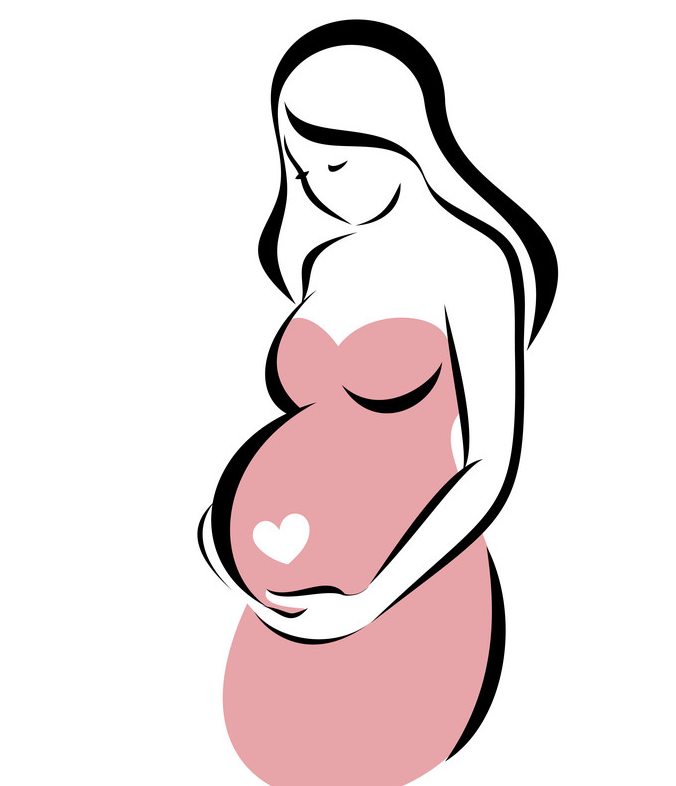Breast Cancer and Pregnancy
- Home
- Breast Cancer and Pregnancy
Breast Cancer and Pregnancy
Although breast cancer prevalence is alarming, it comes as a relief for many women, that this disease rarely occurs during pregnancy. However, if found, it is normally diagnosed by a method known as “triple assessment”.
As can be seen from the term, “triple assessment” involves three parts:
- The first part is a breast examination performed by a specialist at the clinic.
- After the examination, the second part involves an ultrasound scan. Although many women would fret at the idea of an ultrasound scan during pregnancy, it is completely safe and will not affect the baby in any way. This scan produces an image of the breast, which will further help in diagnosis.
- The final part of the triple assessment includes either a core biopsy (where a tissue sample is removed for examination) or a Fine Needle Aspiration/FNA (where a fine needle is used to take a sample of the cells for anaylsis). Although both the methods are safe, core biopsies are more commonly used for pregnant women and are more reliable.

TREATMENT DURING PREGNANCY AND AFTER BIRTH
Treatment of Breast Cancer during pregnancy depends on the pregnancy trimester (pregnancy trimester means the pregnancy is divided into three parts, of three months each):
- Surgery : Surgery can be safely done during all trimesters of pregnancy. Many women with breast cancer are given a choice between Mastectomy and Breast Conservation Surgery. It is generally considered safe during pregnancy, although there is a very slight risk of miscarriage associated with it, especially during early pregnancy.
- Chemotherapy : Chemotherapy should be avoided during the first trimester as it may cause harm to the unborn baby or may also lead to a miscarriage. Generally, chemotherapy during the second and third trimesters is relatively safe. Certain combinations of chemotherapy can be given during these trimesters. Most women treated during this time have healthy babies, although there is a small risk of having a low birth weight baby or early delivery. Breast feeding should be avoided while having chemotherapy as some chemotherapy drugs are passed into the breast milk.
- Radiotherapy: Radiotherapy is not usually recommended at any stage of pregnancy, as even a very low dose may carry a risk to the baby.
- Hormone (endocrine) Therapy : If the breast cancer is oestrogen receptor positive (which means that the hormone oestrogen stimulates the breast cancer cells to grow) a hormone therapy may be offered. Pregnant women having breast cancers are less likely to be oestrogen receptor positive compared to non-pregnant women. The most commonly prescribed hormone therapies for younger women diagnosed with breast cancer are Tamoxifen and Goserelin.
- Targeted Cancer Therapies (Biological therapies) : Targeted therapies block the growth and spread of cancer. They target and interfere with processes in the cells that cause cancers to grow. The most widely used targeted therapy is Trastuzumab, which is used to treat breast cancers that are HER2 positive. Targeted therapies are not usually given during pregnancy and breastfeeding is not recommended while having Trastuzumab or within six months of the last dose. Many women who are diagnosed with breast cancer during their pregnancies, complete the full term of their pregnancies and don’t experience any problems during childbirth because of the breast cancer treatment. If the baby is likely to be born early, a course of corticosteroid injections may be recommended to help the baby to develop normally and healthily, and to reduce the chance of the baby developing breathing problems.
BREASTFEEDING
Breastfeeding may be possible for some women following completion of their breast cancer surgery if they don't need chemotherapy, radiotherapy or hormonal treatment. If no drug treatment is being taken, a woman can breastfeed from the contralateral (non-treated) breast. Although many women are able to produce milk from the treated breast, the amount of milk is often reduced. Breastfeeding from a breast previously exposed to radiotherapy can cause mastitis (infection) and this can be difficult to treat.
PREGNANCY AFTER BREAST CANCER
Pregnancy should be conceived after at least two years of being diagnosed with breast cancer. This is because the possibility of cancer developing back can lessen over time, and the woman can be at the greatest risk in the first two years after diagnosis.
If you’re taking hormone therapy, it is recommended to delay the pregnancy by a minimum of five years. It is advised not to conceive while taking hormone therapy as it could harm a developing baby.
With chemotherapy, menopause can occur earlier than would usually be expected. Because of this, women who have had chemotherapy are often referred to a fertility clinic after six months of trying to get pregnant and being unsuccessful.